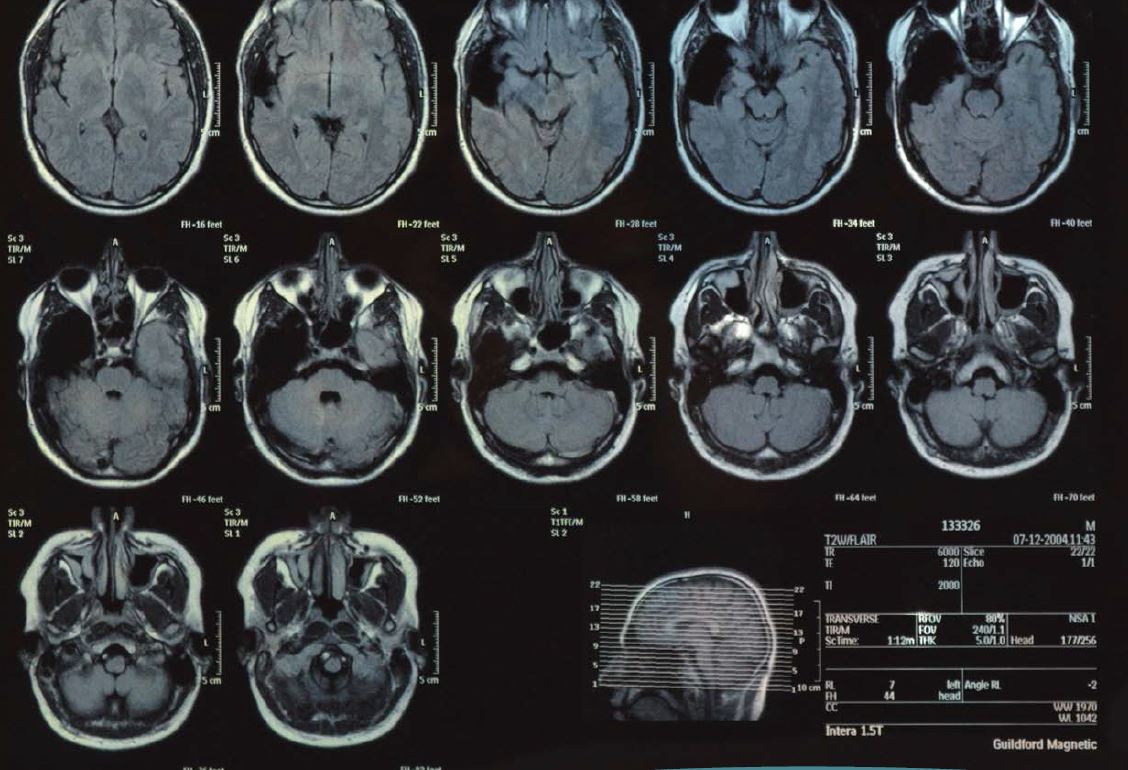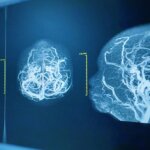By measuring the energy metabolism of the brain with the newest imaging techniques, a team of experts at the University of Texas may have uncovered a new early indicator of Alzheimer’s disease.
As published in Frontiers in Neuroscience, researchers suggested how neurological energy metabolism could be compromised in mild cognitive impairment, a form of poor cognitive health that occurs before more serious illness, like Alzheimer’s.
“This research provides a promising new way to elucidate the brain’s health — or early disturbance of its health — due to changes in metabolism. The new approach is the utilization of 7 Tesla magnetic resonance imaging, a noninvasive, safe technology,” said one author of the study in a press release.
“It has exciting implications for early detection of Alzheimer’s disease and the potential to measure disease response to treatments.”
For this study, researchers used 41 participants and administered assessments involving cognitive health. Phosphorus magnetic resonance spectroscopy utilizing an ultra-high-field 7 Tesla MRI scanner was used.
“The technology is evolving in such a way that we may soon be able to modify what we see on 7T scans to be detected with 3T, and 3T is available everywhere,” researchers mentioned.
“We can tweak some of the MRI parameters we use to acquire these images with 3T, as has been done with proton spectroscopy. We hope this can be accomplished within the next few years.”


